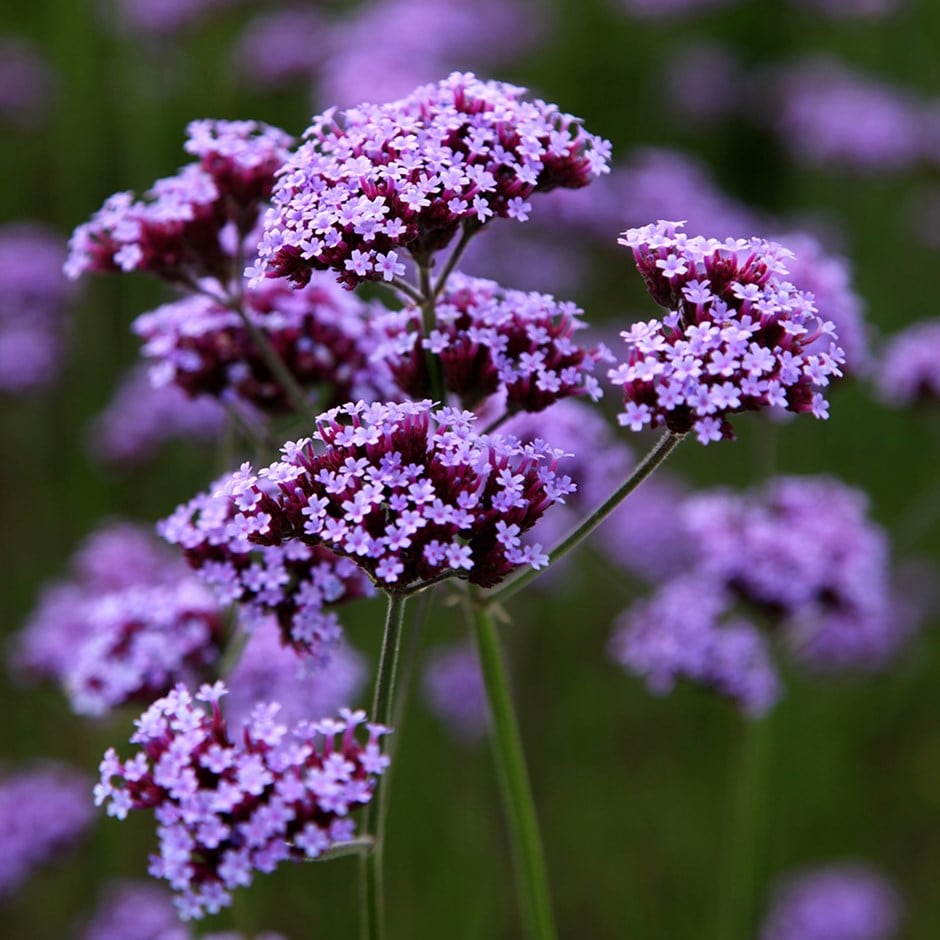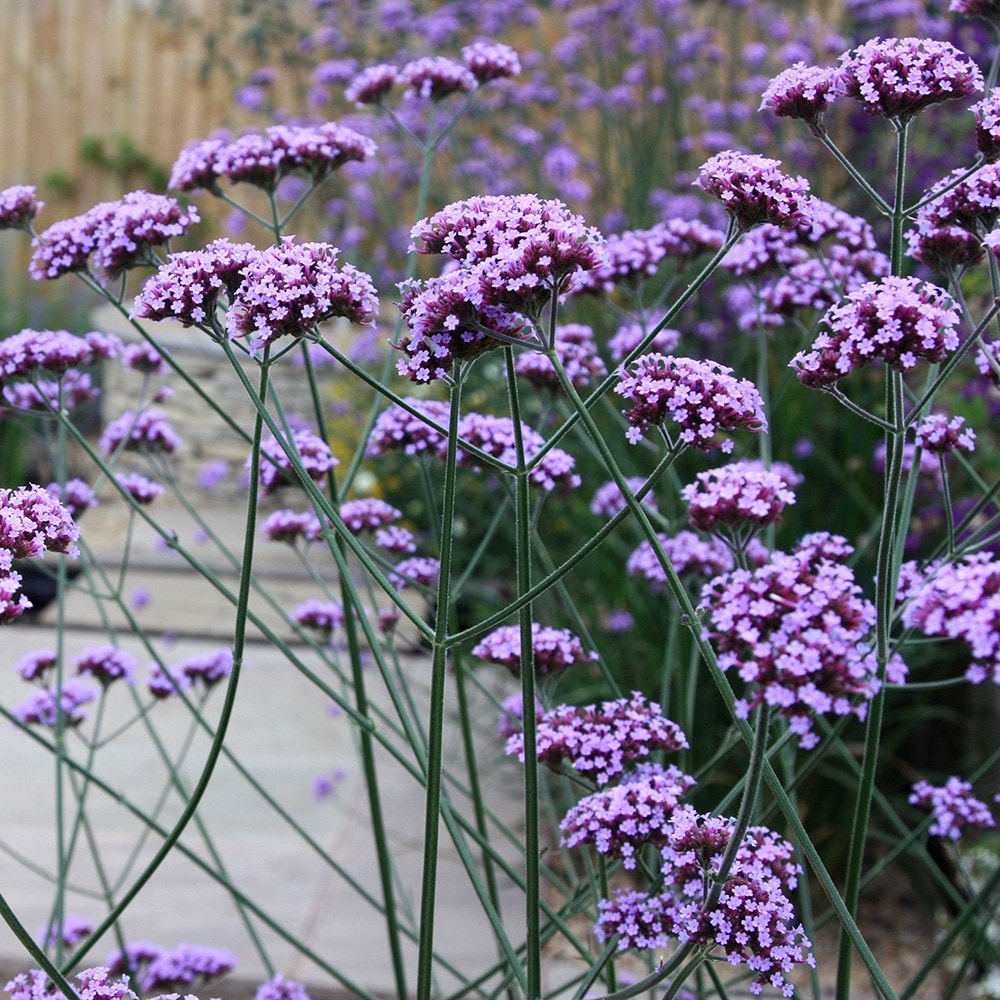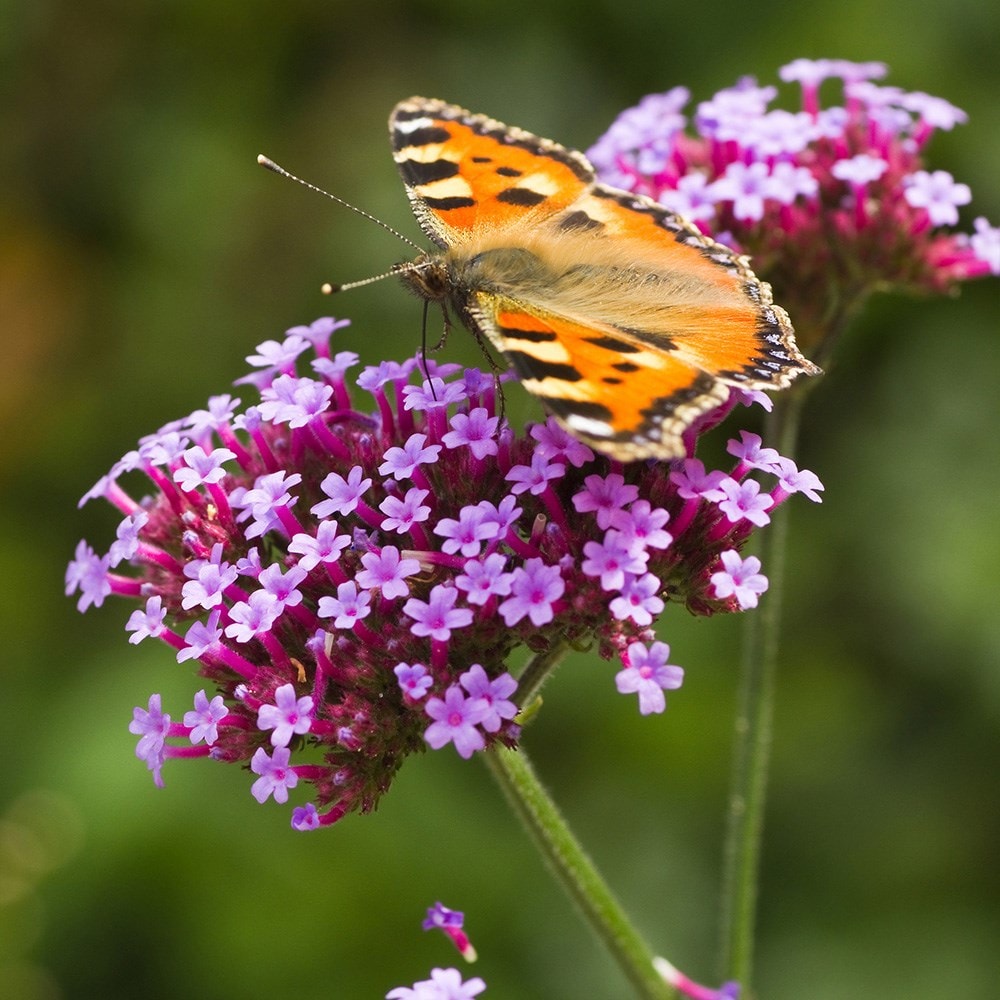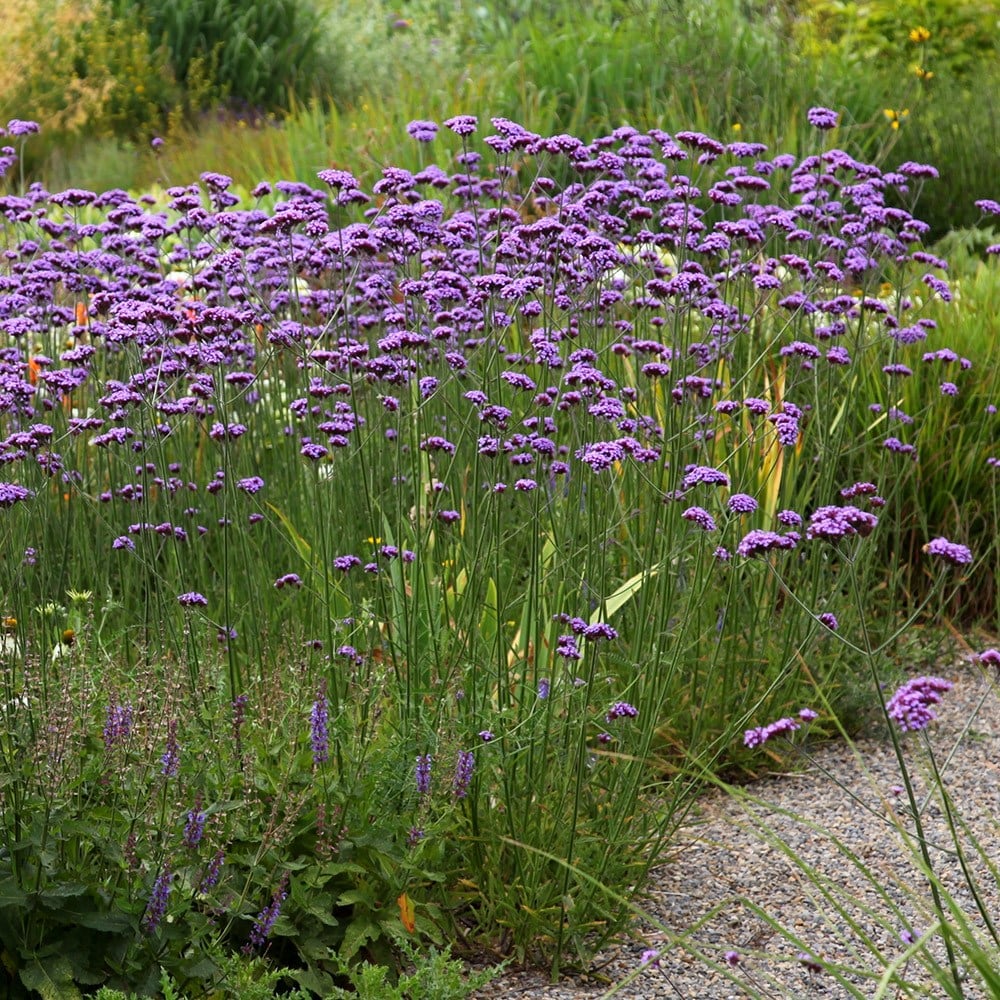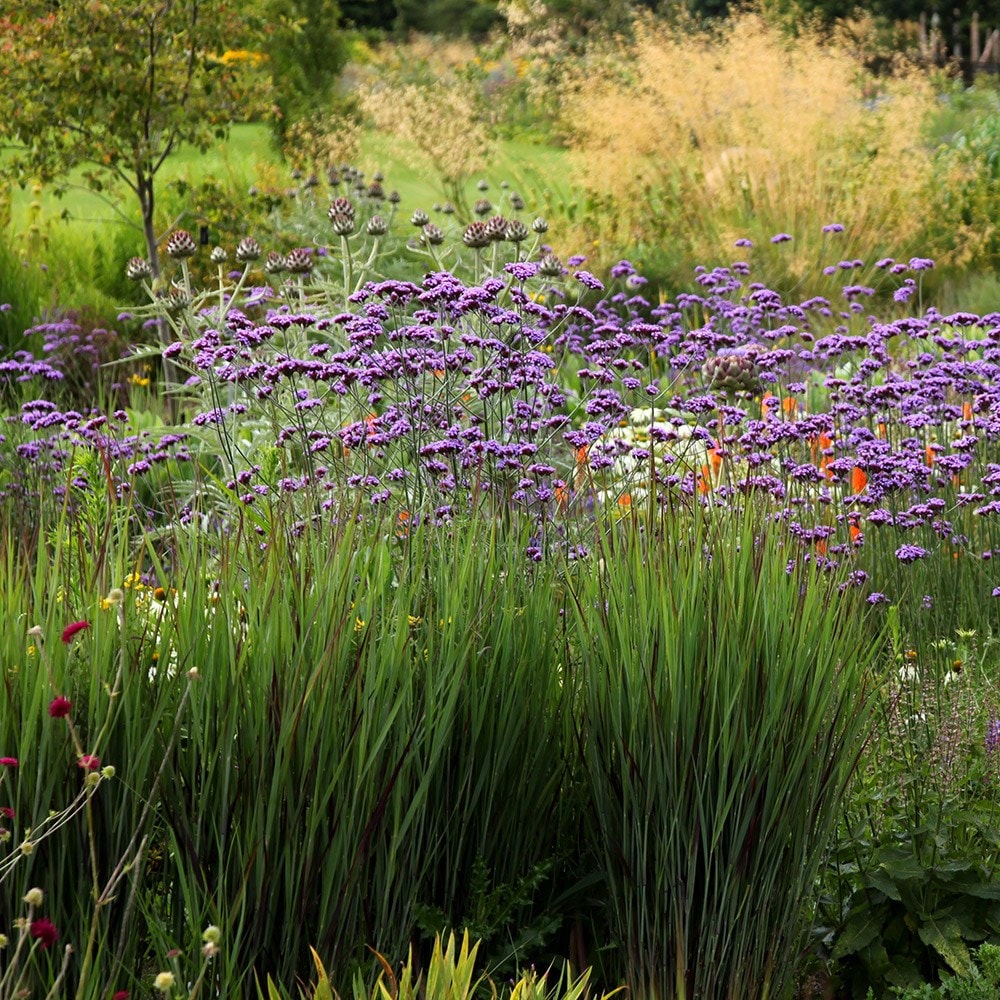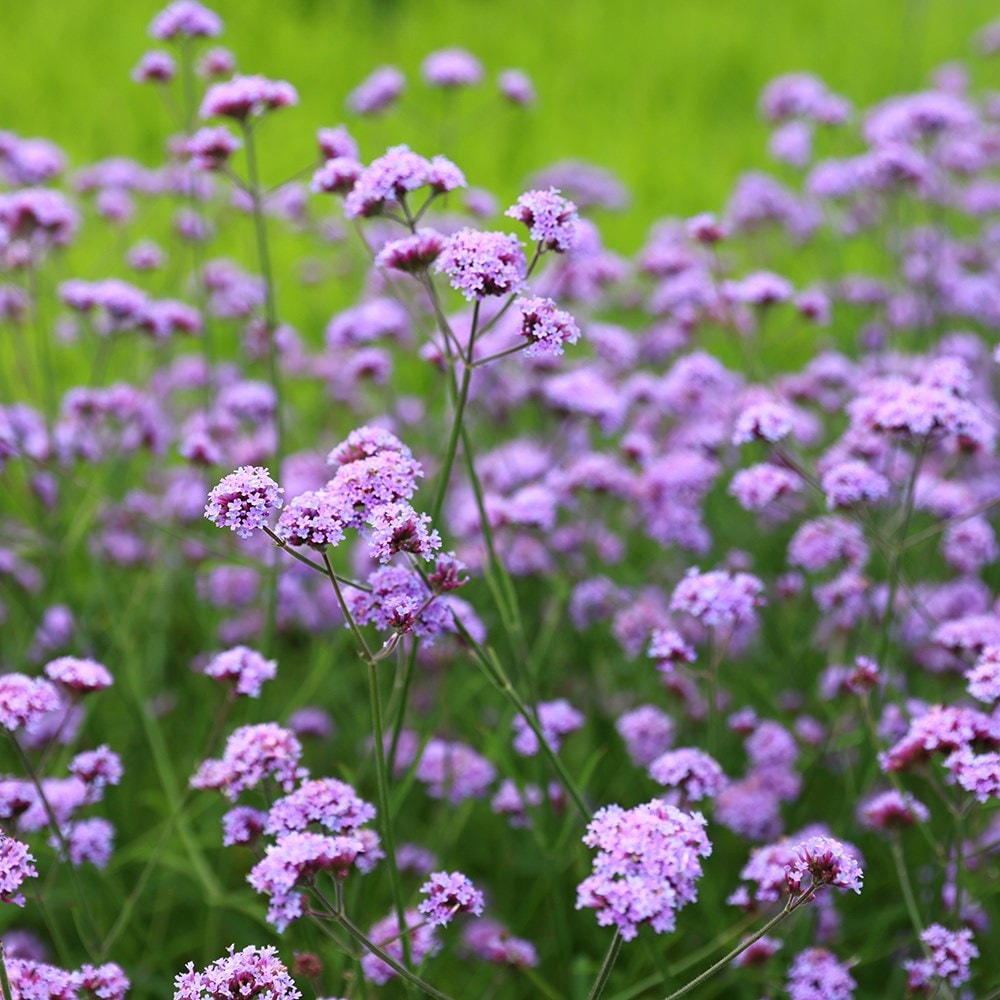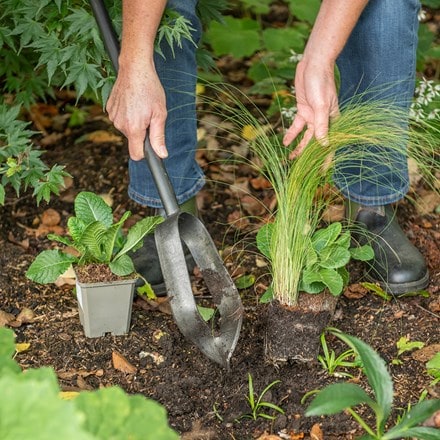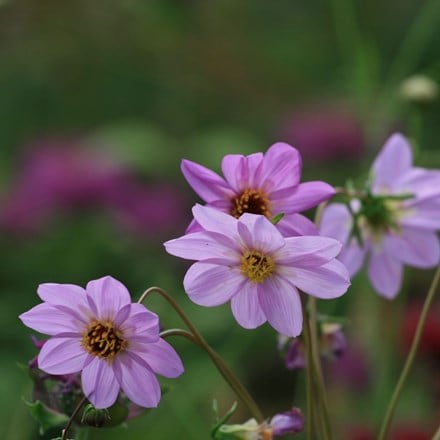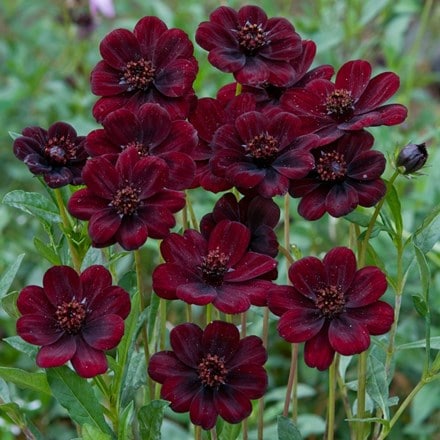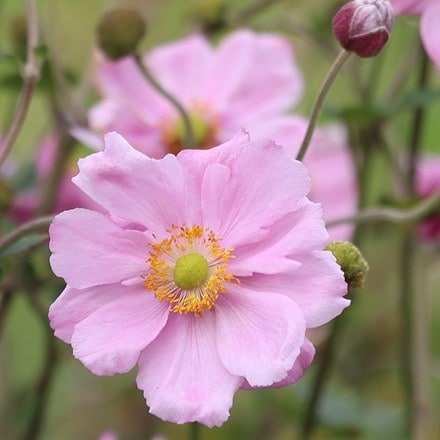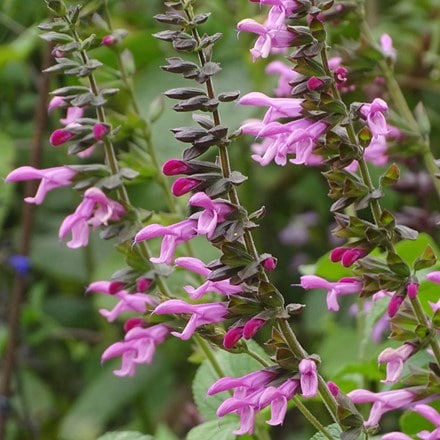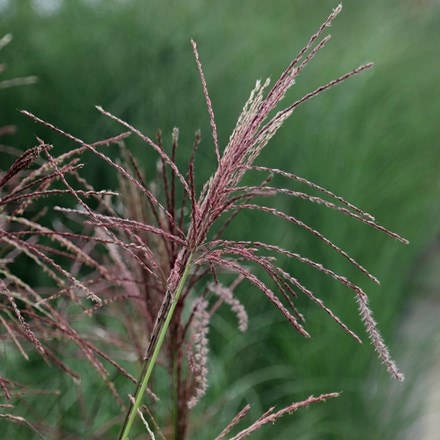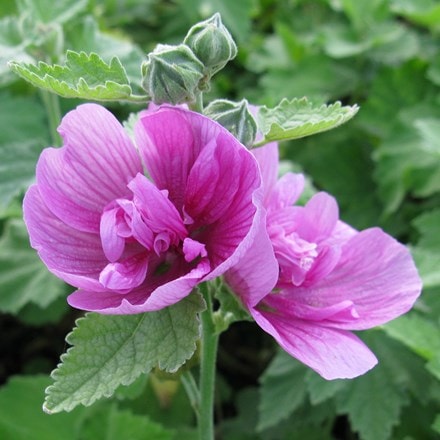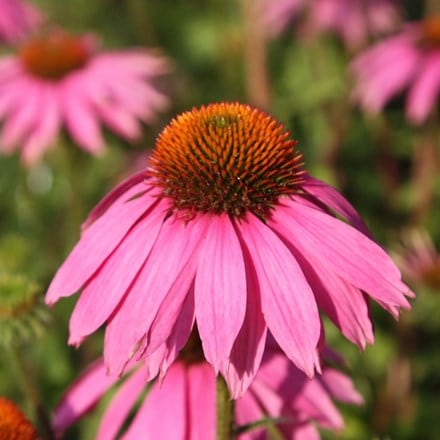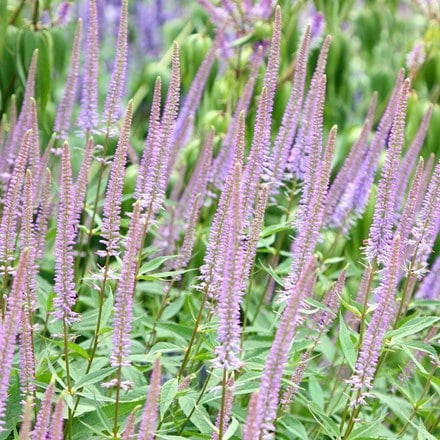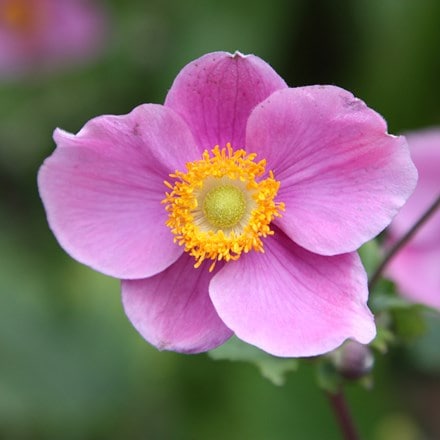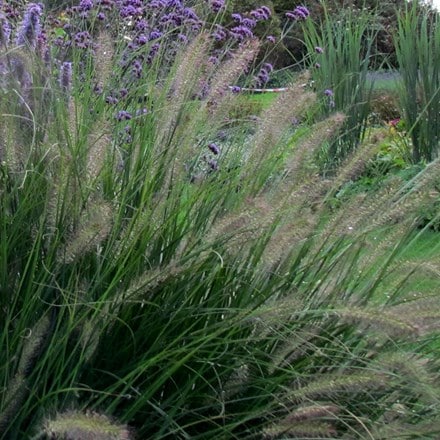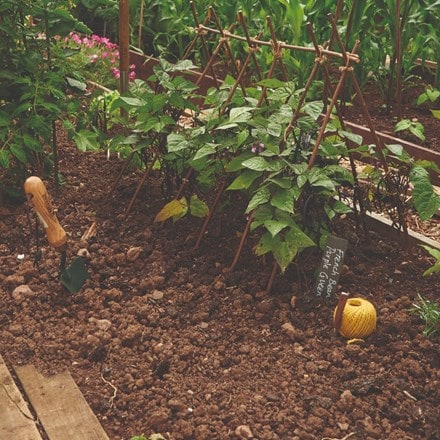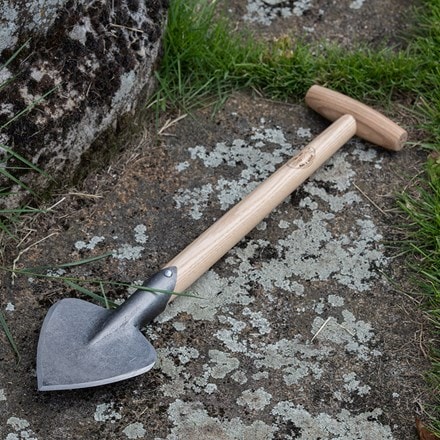Verbena bonariensis
purple top
- 9cm pot
- £4.79 £7.99
- In stock (shipped within 2-3 working days)
- 3 × 9cm pots
- £10.79 £17.99 £3.60 each
- In stock (shipped within 2-3 working days)
- 6 × 9cm pots
- £17.39 £28.99 £2.90 each
- In stock (shipped within 2-3 working days)
- 2 litre pot
- £14.39 £17.99
- In stock (shipped within 2-3 working days)
- 3 × 2 litre pots
- £35.99 £44.99 £12.00 each
- In stock (shipped within 2-3 working days)
- approx 250 seeds
- £2.99
- In stock (shipped within 2-3 working days)
- 3 × packets (approx 750 seeds)
- £6.00 £2.00 each
- In stock (shipped within 2-3 working days)
Delivery options
- Standard £5.99
- Position: full sun
- Soil: moderately fertile, moist, well-drained soil
- Rate of growth: average to fast
- Flowering period: June to October
- Hardiness: borderline hardy (may need winter protection)
Often referred to as purpletop vervain or tall verbena, Verbena bonariensis is a striking architectural perennial. It enjoys a well-deserved prominence in contemporary and traditional border garden design.
This elegant plant typically reaches heights of 1.5-2m (5-7ft), with slender, angular stems. The stems branch out to support tightly packed clusters of small, lilac-purple flowers, creating a delightful, airy effect.
Verbena bonariensis plants are a versatile and rewarding addition to any garden. Use them as a see-through screen, a pollinator magnet, or a structural element in borders. Their long-lasting blooms, architectural form, and wildlife-friendly nature make them stand out in the world of perennials. Plus, they promise months of effortless beauty with minimal care.
The tall, stiff, branching stems create an open, transparent shape. Therefore, despite its impressive height, use this statuesque plant flexibly within the border. This unique characteristic lets gardeners place it at the front or middle of planting schemes, adding depth and interest to the overall composition without obscuring other plants.
It's particularly effective when planted in drifts through prairie-style schemes or cottage gardens. The verticality contrasts beautifully with mounding and spreading plants.
Use the wind to great effect to incorporate a sense of movement. Companions such as late summer grasses literally add a sense of movement to a planting scheme.
While typically available as potted plants, grow Verbena bonariensis, in the UK, from seed (best done in spring). This is an economical way to achieve large-scale plantings.
By incorporating this plant into your garden, you're adding beauty and supporting biodiversity during a crucial time of year.
Combine with ornamental grasses such as Stipa tenuissima. The soft, wispy texture complements the tall, airy stems of verbena, creating a flowing, natural look.
Other dynamic options include Calamagrostis × acutiflora 'Karl Foerster' and Miscanthus sinensis 'Morning Light'. These add a strong architectural presence, blending well with Verbena's light, fluttering flowers.
For a ready-made combination, consider our Spires and Spots Plant Combination. It pairs Verbena bonariensis with complementary perennials for a long-lasting, wildlife-friendly display.
This elegant plant typically reaches heights of 1.5-2m (5-7ft), with slender, angular stems. The stems branch out to support tightly packed clusters of small, lilac-purple flowers, creating a delightful, airy effect.
Verbena bonariensis plants are a versatile and rewarding addition to any garden. Use them as a see-through screen, a pollinator magnet, or a structural element in borders. Their long-lasting blooms, architectural form, and wildlife-friendly nature make them stand out in the world of perennials. Plus, they promise months of effortless beauty with minimal care.
Long-lasting blooms and structural elegance
One of the most captivating features of Verbena bonariensis is its exceptionally long flowering period. Typically lasting from June to September and often extending into October in milder parts of the UK.The tall, stiff, branching stems create an open, transparent shape. Therefore, despite its impressive height, use this statuesque plant flexibly within the border. This unique characteristic lets gardeners place it at the front or middle of planting schemes, adding depth and interest to the overall composition without obscuring other plants.
Versatile garden uses
The versatility of tall verbena is truly remarkable. Its see-through quality makes it an excellent choice for adding height and structure to borders without creating dense blocks of colour. Use it as a filler plant, where its upright stems can provide natural support for neighbouring plants, reducing the need for staking.It's particularly effective when planted in drifts through prairie-style schemes or cottage gardens. The verticality contrasts beautifully with mounding and spreading plants.
Use the wind to great effect to incorporate a sense of movement. Companions such as late summer grasses literally add a sense of movement to a planting scheme.
While typically available as potted plants, grow Verbena bonariensis, in the UK, from seed (best done in spring). This is an economical way to achieve large-scale plantings.
Wildlife magnet
Verbena bonariensis plants are not just beautiful but also a vital late-season food source for garden wildlife. Their nectar-rich flowers are irresistible to bees, butterflies, and other pollinators, sustaining these important insects well into autumn.By incorporating this plant into your garden, you're adding beauty and supporting biodiversity during a crucial time of year.
Companion planting and combinations
Tall verbena pairs beautifully with a wide range of plants, thanks to its transparent nature and neutral purple tones. For a stunning combination, plant it among the warm-red blooms of Dahlia 'Bishop of Llandaff. It will act as a natural support while creating a dazzling colour contrast. Alternatively, pair it with rudbeckias, and echinaceas in prairie-style plantings.Combine with ornamental grasses such as Stipa tenuissima. The soft, wispy texture complements the tall, airy stems of verbena, creating a flowing, natural look.
Other dynamic options include Calamagrostis × acutiflora 'Karl Foerster' and Miscanthus sinensis 'Morning Light'. These add a strong architectural presence, blending well with Verbena's light, fluttering flowers.
For a ready-made combination, consider our Spires and Spots Plant Combination. It pairs Verbena bonariensis with complementary perennials for a long-lasting, wildlife-friendly display.
This low-maintenance plant thrives positioned in full sun and well-drained soil. When to plant Verbena bonariensis? - early spring is best. Space them approximately 30-40cm (12-16in) apart to allow for their branching habit.
While drought-tolerant once established, regular watering during dry spells will promote continued flowering. Deadheading isn't necessary, but it can encourage a second flush of blooms. In cold conditions, Verbena bonariensis can suffer dieback if cut back in autumn, so it's best to leave the plant until spring.
How far to cut back Verbena bonariensis depends on the time of year. We advise cutting back the old growth to approximately 15cm (6in) when you see new shoots emerging at the base. In winter, mulch around the base of the plant with a deep, dry mulch to help protect the plant.
Support plants in either exposed or partially shaded positions. If this is necessary use natural materials such as brushwood or twiggy pea-sticks.
While drought-tolerant once established, regular watering during dry spells will promote continued flowering. Deadheading isn't necessary, but it can encourage a second flush of blooms. In cold conditions, Verbena bonariensis can suffer dieback if cut back in autumn, so it's best to leave the plant until spring.
How far to cut back Verbena bonariensis depends on the time of year. We advise cutting back the old growth to approximately 15cm (6in) when you see new shoots emerging at the base. In winter, mulch around the base of the plant with a deep, dry mulch to help protect the plant.
Support plants in either exposed or partially shaded positions. If this is necessary use natural materials such as brushwood or twiggy pea-sticks.
Early sowings can be started off from February, in seed trays which are kept under glass before hardening off and planting out. Alternatively, after the worst frosts have passed, sow directly into a sunny, well-prepared seedbed. Thin the seedlings out to 45-60cm as they grow. Pinching out the growing tips will encourage bushier plants to develop.
Goes well with
Pinpoint hole maker for young plants/bulbs - Crocus by DeWit
small
£49.99
In stock (shipped within 2-3 working days)
Cosmos atrosanguineus Chocamocha ('Thomocha') (PBR)
9cm pot
£7.99
In stock (shipped within 2-3 working days)
